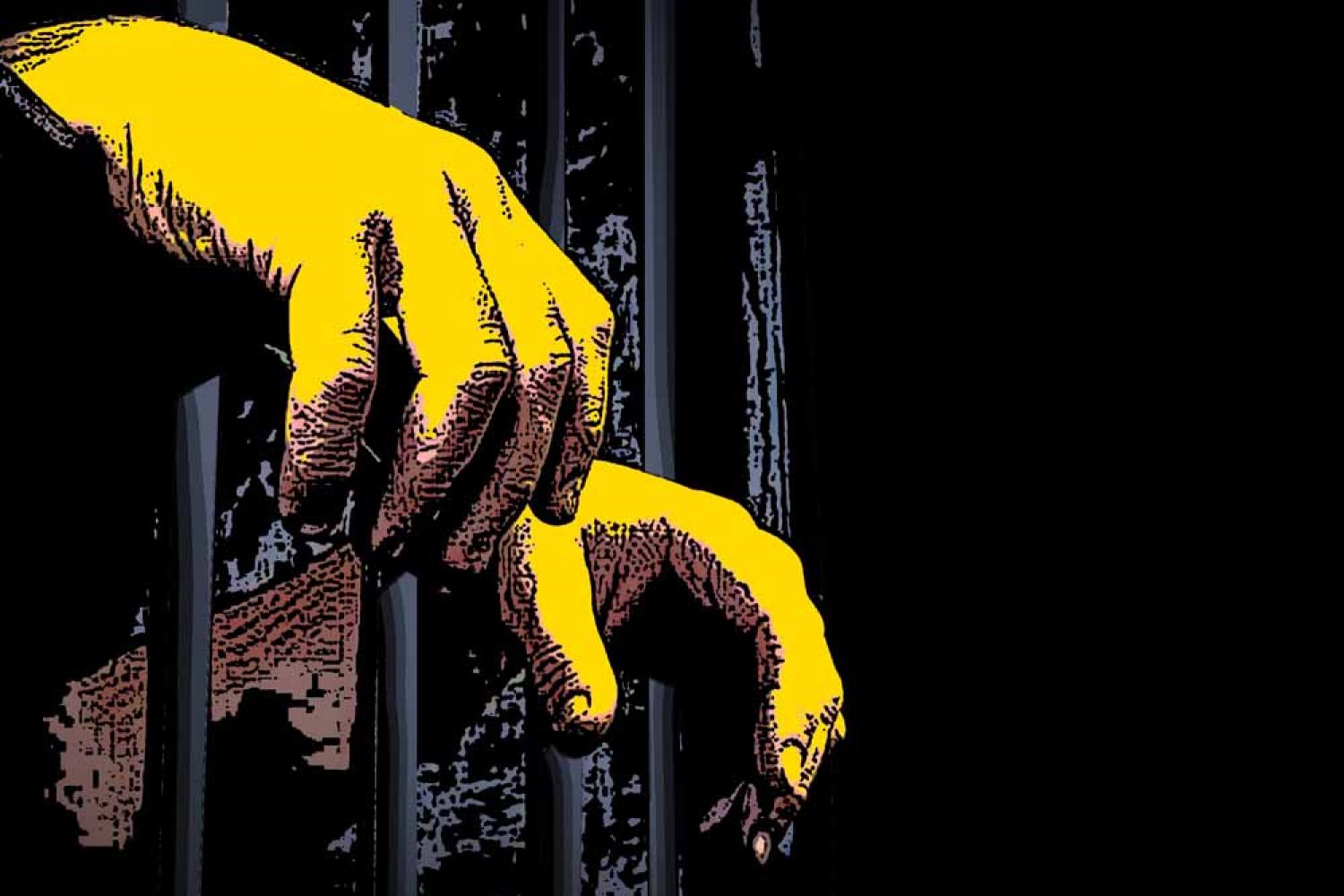
Ihad missed
a lot. I didn’t know the neighbours. We had moved into a new house just before
I was captured and I’d never had a chance to settle in. Our neighbours came to
meet me for the first time. For the first week or so, the house was full of
people. People came who knew us well; people came who didn’t know us well. They
asked the same questions, I gave the same answers. I did this again and again.
I felt a little tired through that week.
There were
things I had to do—I neede





